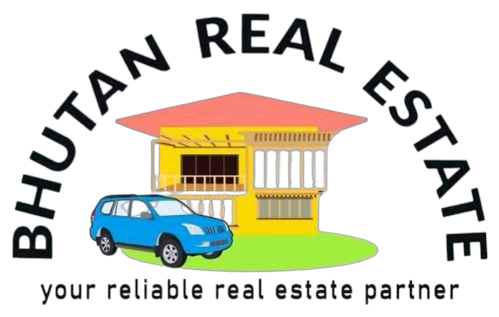Nestled in the Eastern Himalayas, Bhutan, the Land of the Thunder Dragon, is not only known for its breathtaking landscapes and Gross National Happiness but also for its unique approach to real estate. Bhutan’s real estate sector is characterized by its distinct cultural and regulatory elements, making it a fascinating subject for exploration. In this comprehensive guide, we will delve into the key aspects of Bhutan’s real estate market, providing insights for both investors and those looking to make Bhutan their home.

Land Ownership: A Unique Proposition
One of the distinctive features of Bhutan's real estate is the restriction on land ownership. As of my last knowledge update in January 2022, the country adheres to a policy of leasehold rather than freehold land ownership. This means that individuals, including citizens, cannot outright own land. Instead, land is leased for specific periods, often up to 99 years. Understanding the intricacies of these lease agreements is crucial for anyone considering investing in Bhutanese real estate.

Thromdes and Dzongkhags: Know Your Zones
Bhutan is divided into administrative zones called Thromdes and Dzongkhags. Thromdes are urban centers, and Dzongkhags are districts. Each has its own unique rules and regulations regarding real estate development and transactions. Thimphu, the capital city, is a Thromde and tends to have different rules compared to other regions. It's essential to be aware of the specific regulations in the area you're interested in, as they can impact property prices, development permissions, and other factors.

Cultural Considerations in Architecture
Bhutan is renowned for its commitment to preserving its rich cultural heritage. This commitment extends to the real estate sector, where traditional Bhutanese architecture is not just encouraged but often mandated. Dzong architecture, characterized by intricate woodwork and fortress-like structures, is a common sight. Understanding and respecting these cultural considerations is vital when planning any real estate development or renovation.

Economic Factors and Investment Opportunities
While Bhutan may have unique regulations, it also presents interesting investment opportunities. The country has been gradually opening up to foreign direct investment, and this includes the real estate sector. Investors looking for long-term, sustainable opportunities may find Bhutan appealing. However, it's crucial to conduct thorough research, understand the economic climate, and engage with local experts before making any investment decisions.

Navigating the Regulatory Landscape
Understanding Bhutan's regulatory framework is crucial for anyone involved in real estate transactions. This includes obtaining the necessary permits, adhering to building codes, and navigating the bureaucratic process. Working closely with local experts and legal counsel can help streamline these processes and ensure compliance with all regulations.
Bhutan’s real estate market, with its unique blend of cultural, environmental, and economic factors, presents both challenges and opportunities. Whether you’re a prospective homeowner, investor, or developer, taking the time to understand the nuances of Bhutan’s real estate landscape is essential. By embracing the cultural heritage, respecting environmental considerations, and navigating the regulatory landscape, you can make informed decisions and contribute to the sustainable development of this enchanting Himalayan kingdom.
